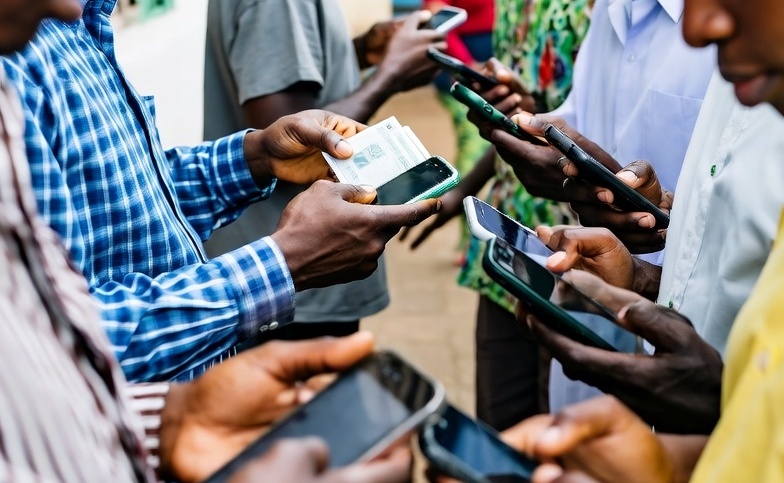The Enterprise Development Centre (EDC) of Pan-Atlantic University in collaboration with Alliance for Green Revolution in Africa (AGRA) has created a platform titled: ‘Exclusive Networking Event’, which is capable of connecting agricultural small and medium enterprises (SMES)to key players in the sector.
The SMEs include financial institutions, business development service providers, and government officialsm thereby discovering strategies to fund, grow, and scale their businesses.
Also titled: Funding the Future: Powering Nigeria’s Agric-SMEs, the recent Lagos event brought together agricultural business stakeholders from around the country.
Its goal was to connect them with key players in the Nigerian agriculture sector and provide strategies for funding, growing, and scaling their businesses. The two-day session featured insightful panel discussions, funding opportunities, strategies, and success stories from some of the most successful food and agricultural SMEs, and high-value networking with some financial institutions and investors.
Reaffirming the EDC commitment towards supporting SMEs in the country, the Head of Alumni Relations and Support Services at EDC, Dr. Nnenna Ugwu, stressed that the Centre is committed to helping agric-SMEs in the country to find funders, grow, and scale in a manner that is required and attainable in other countries.
According to him, “Today, we are utilising Business Development Service Providers (BDSPs) to support small businesses on the AGRA platform and explore how they can be funded. And when we mean funding, it is a funding that works, a funding for the future, and a sustainable funding.”
Speaking about the partnership with AGRA, a sustainably growing African Food System, Ugwu said: “EDC is an umbrella body that commits totally its life in building, hand-holding, and training entrepreneurs and small businesses. We train them, we hand-hold them, and we try to create an environment for them to thrive; therefore, we are committed to doing everything for SMEs.
“Therefore, entrepreneurs in the agric-space need to be able to grow and sustain their businesses. We don’t give money,” she emphasised, adding that: “But, of course, we train them to be able to receive that money. We try to give them a link to those who can offer them grants and seed funding.”
The Country Director for AGRA, Dr. Rufus Idris, said: “We’re here today to see how to strengthen the ecosystem of Business Development Service Providers (BDSP), and also strengthen service provision to Agric SMEs. We’re trying to see how that space can work better for us, ensuring that there’s a strong connection between the SMEs that are trying to grow, expand, stabilise, or sustain their operations, and linking that to getting the right kind of support from the business support services providers.”
He added: “And that way, we can ensure that Agric SMEs can actually tap into the skills required to build their own capacity internally and better strengthen their business for growth.”
“This partnership is born out of the fact that AGRA is committed to transforming Africa’s food system. In Nigeria, we are committed to supporting the Nigerian government in transforming the country’s food system.”
More importantly, he stressed that Nigeria aims to increase agricultural output, boost food production, and feed its growing population, while also reducing post-harvest losses.
To do that, he stated that: “We cannot just focus on working with smallholder farmers alone. We also have to focus on the private sector players there. A lot of the agric SMEs are struggling with a lot of things, some access to finance, being able to tap into the new market, being able to improve on business efficiency and operation, energy support services, and cost within that space.”
Meanwhile, one of the participants at the programme, Principal Consultant/CEO at Doctor Fish Agric Consult, Israel Yusuf, thanked EDC for the opportunity provided for those in the ecosystem to thrive.
“I want to appreciate EDC for what they are doing. This is a timely intervention, bringing together the different actors in the value chain to have a conversation on the challenges with a focus on solutions. EDC is an enterprise-driven organisation, an enterprise-focused organisation that believes that every challenge has a solution,” he stated.



